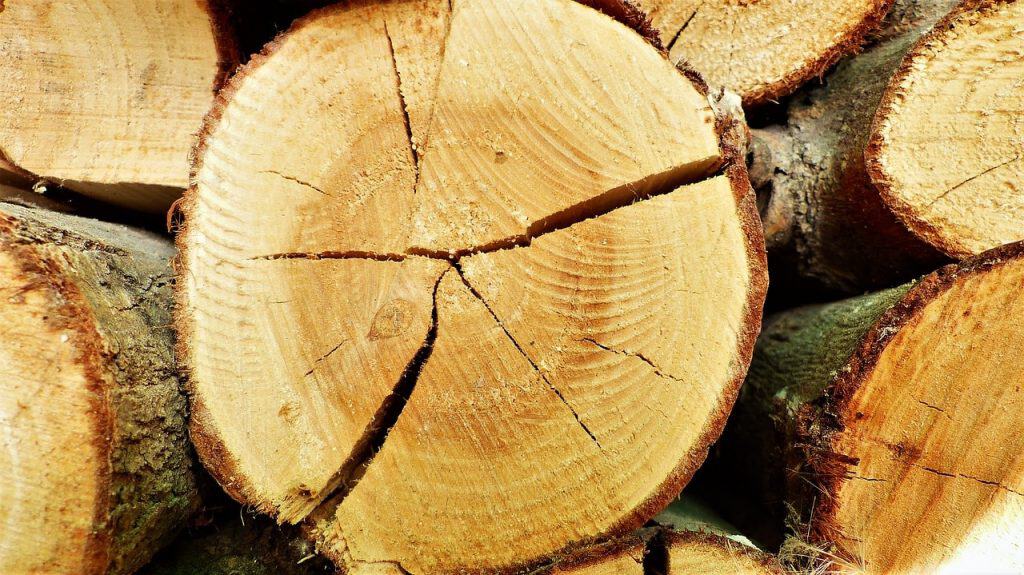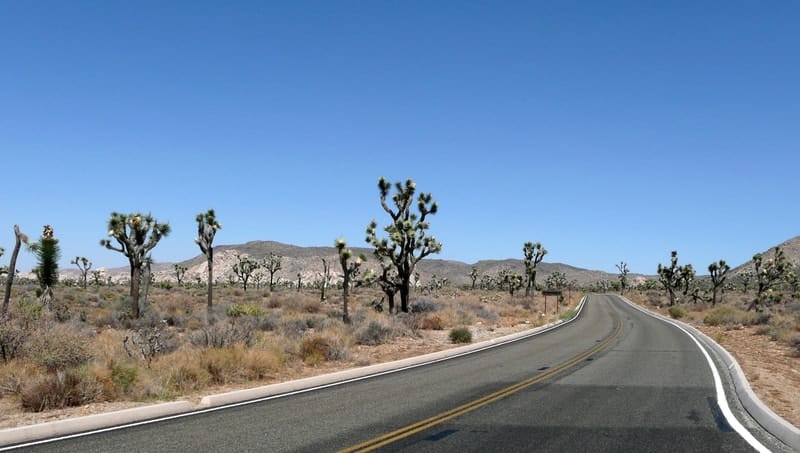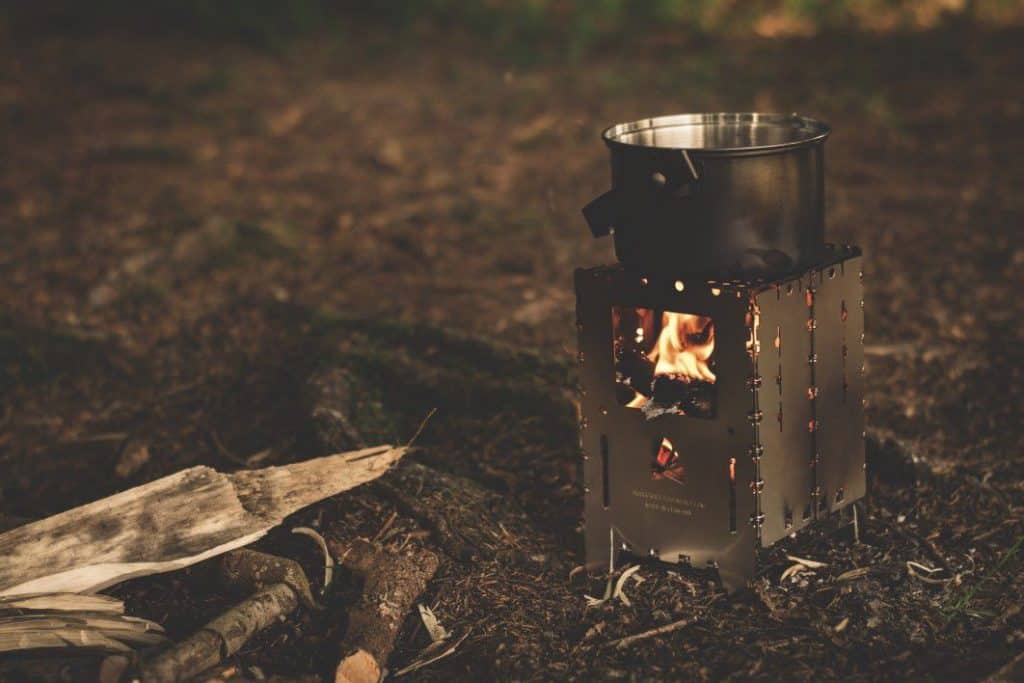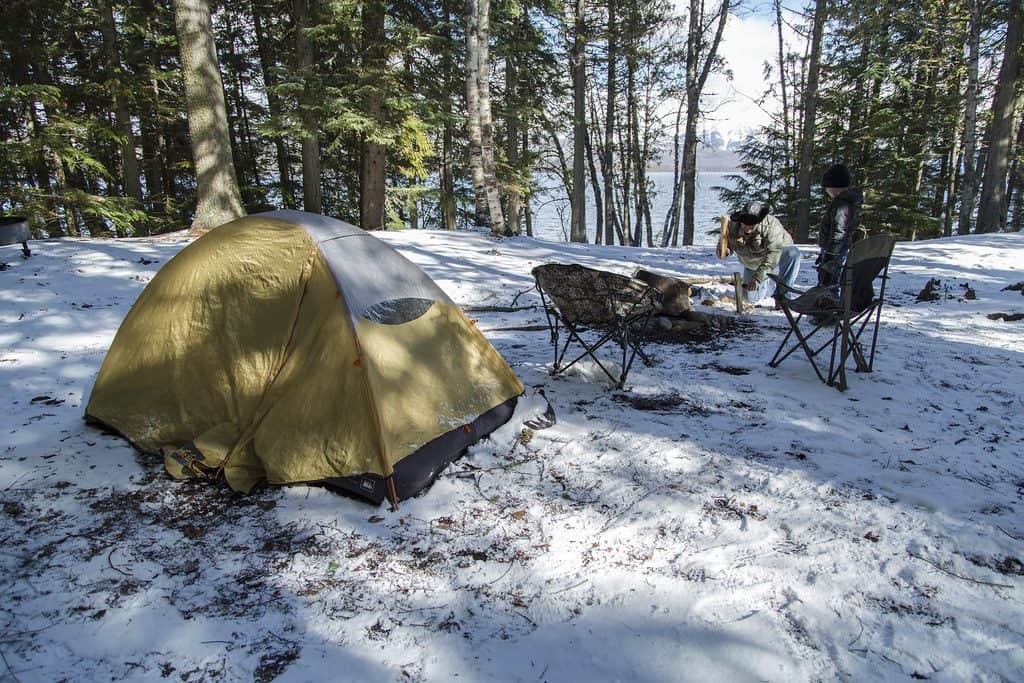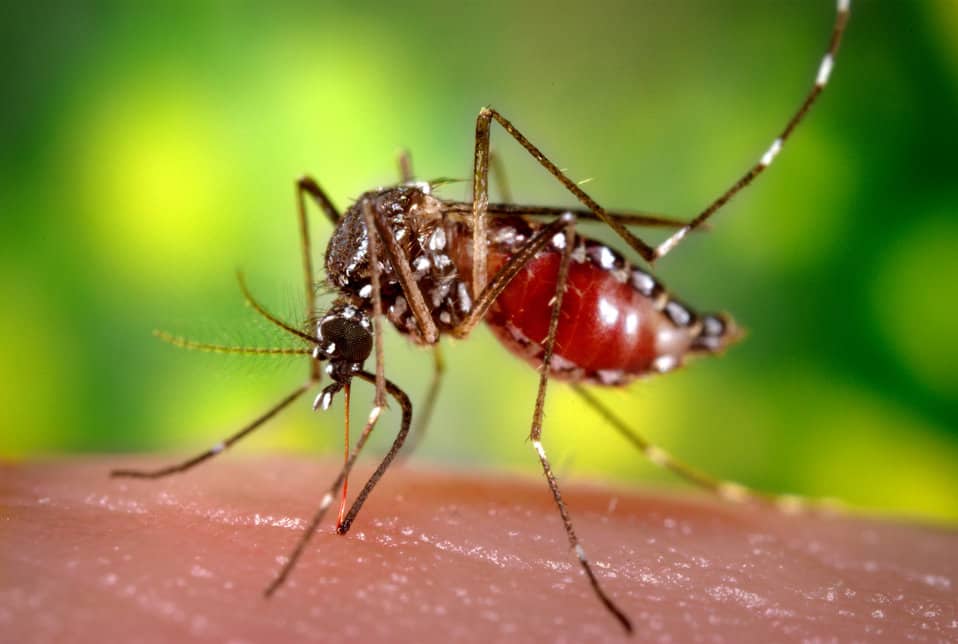Natives, pioneers, and other people of the past did not have advanced technology but were still able to get rid of mosquitoes. Here’s how they did it.
Natives dealt with mosquitoes by creating special repellents, using specific plants, rubbing mud on their skin, living in areas where mosquitoes aren’t prevalent, and lighting smokey campfires. Let’s research these methods a bit more closely.
How did natives deal with mosquitoes?
1. Crafting natural mosquito repellents
Many of the famous mosquito repellents we know today are actually based on ancient recipes that were invented by the people of the past.
In fact, citronella was first found to be used in the areas near Brazil, and nowadays it is a crucial component of pretty much every mosquito repellent.
Even though they didn’t have advanced technology, people were clever enough to notice that certain plants repel mosquitoes.
They proceeded to mix these plants together or extract the oils from them so that they could rub it on themselves and create a form of an ancient mosquito repellent.
This was done all over the world, ranging from Amazon to North America to Europe, Africa, and even Asia.
Over time, people found out much more effective plants that you can use to repel mosquitoes, and if you’re interested in reading more about how plants can naturally repel mosquitoes, make sure to read my article about getting rid of mosquitoes.

2. Using plants that repel mosquitoes
I covered a bit above about how some ancient people took the plants that repelled mosquitoes and extracted the oil from them to craft repellents, however, sometimes that was not necessary.
Many of the Native Americans simply carried straws of citronella or lavender with them and they say that that would have been enough to clear areas of a hundred feet or more in diameter of any annoying bugs.
At night, whenever the people would sit down and light their campfires so that they can eat or relax, people would often toss in some of these same plants in the campfire.
The smell that they gave off helped keep away mosquitoes and other insects, and slowly people learned from that and continued to do it, to where it became a sort of tradition.
It’s quite interesting, but everything that we know today has to have had a past, right? Well, there it was.
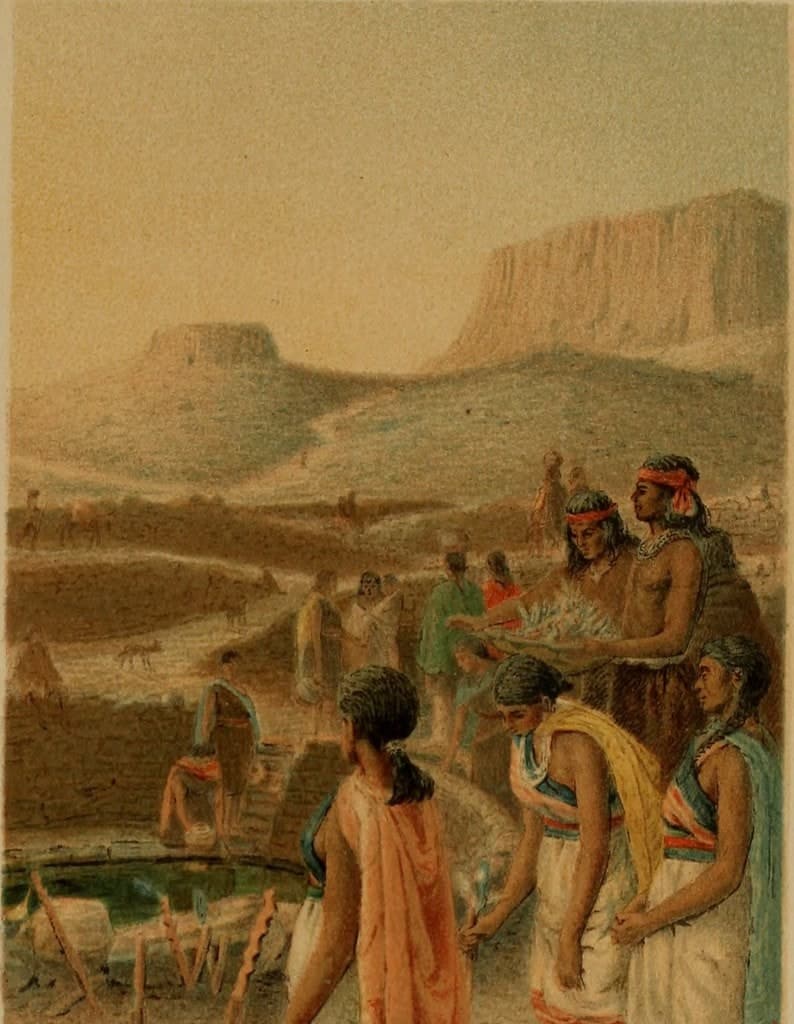
3. Covering themselves in mud
Mud was one of the native and ancient people’s favorites. Not only did it help them camouflage, but it also helped them repel mosquitoes in the wild.
Many studies show that mosquitoes are repelled by mud, as not only does it make it more difficult for them to bite you, but they just don’t like it, so they will keep away from you if you have mud on you.
Slowly and slowly, the ancient people learned, and using mud became quite common if they wanted to repel mosquitoes and other insects.
4. Settling in dry, non-wet areas
It’s well known that mosquitoes like to live in wetter areas.
Lakes, streams, ponds, puddles – you name it. Of course, ancient people quickly realized this, so whenever they’d camp or have to spend the night somewhere far from home, they usually chose drier areas in which mosquitoes cannot thrive in.
These days people are much more detached from nature as a whole, so they may not know all the secrets of the wilderness on their own, as well as the people of the past, did.
5. Lighting campfires
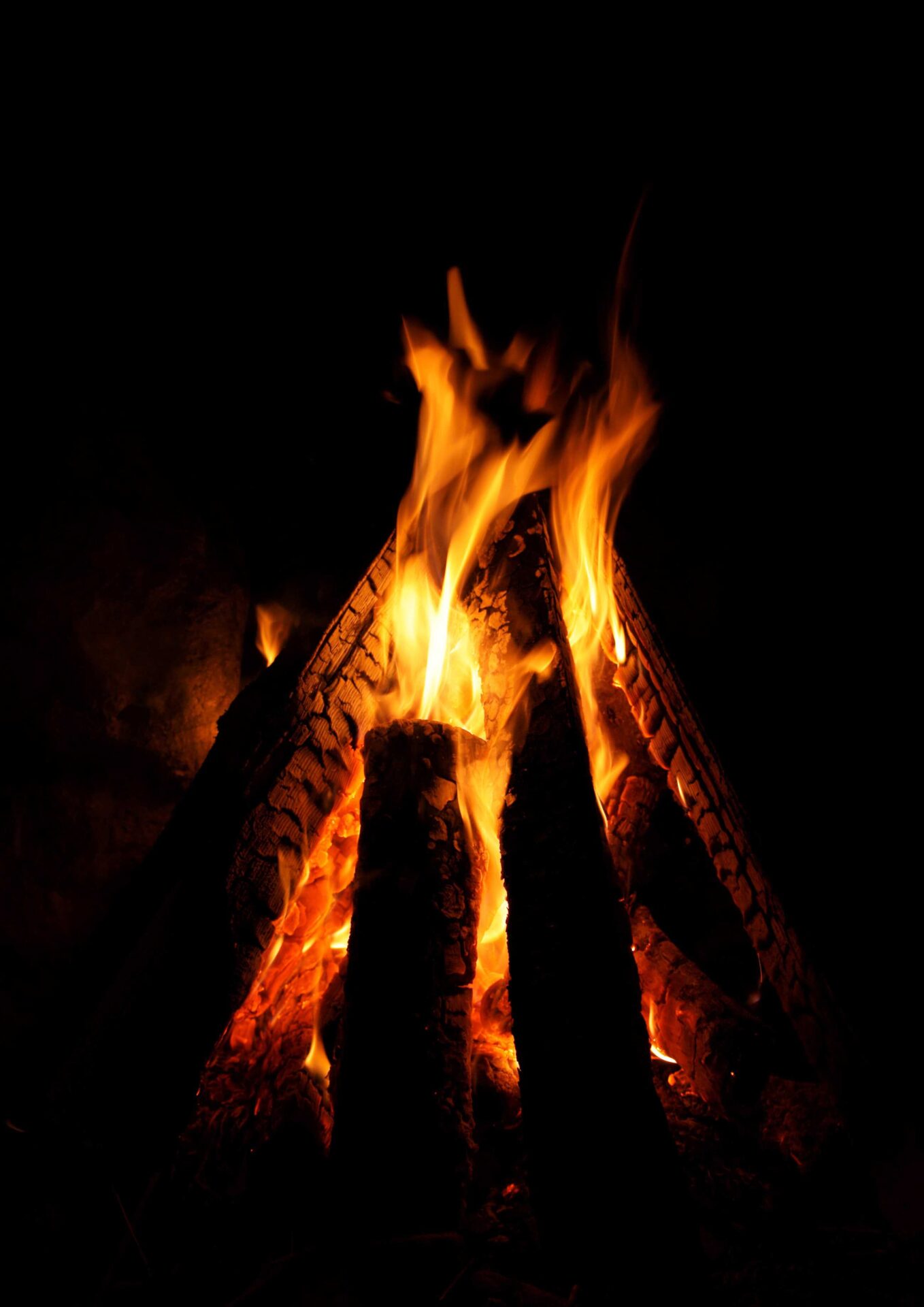
Quite frankly, mosquitoes aren’t big fans of smoke either.
Using smoke to keep mosquitoes away in the wilderness was one of the go-to methods of the ancient people.
What better way to do this than by lighting a campfire?
Again, back then people knew many different tips and tricks about survival in the wild, so they made their campfires smoke a lot because they knew mosquitoes hated it.
There are many ways to make your campfire smoke more, and if you want to do the same, simply do the opposite of what’s talked about in my article on smokey campfires.
You can also check out this article which provides efficient ways a fire can be used to repel mosquitoes.
Sean is an accomplished backpacker with over 10 years of experience exploring the great outdoors. He has a passion for hiking, camping and off-grid living.

